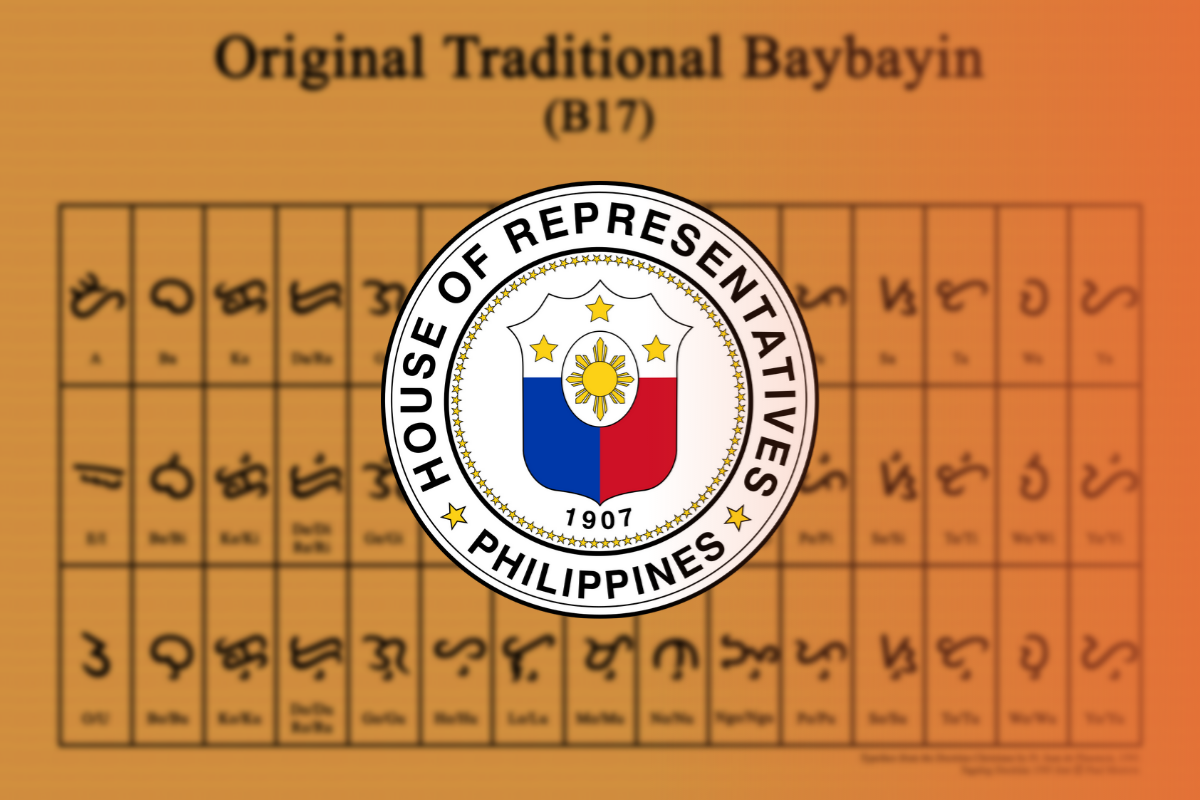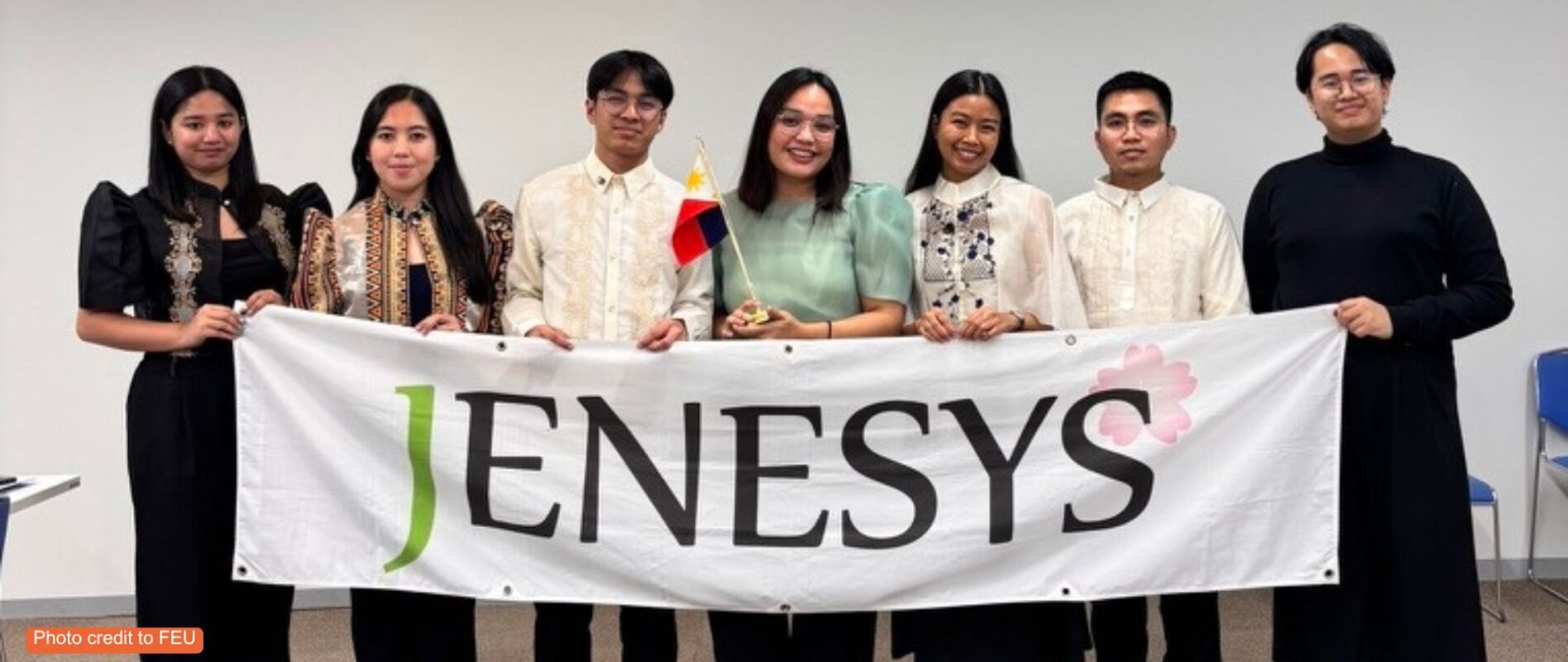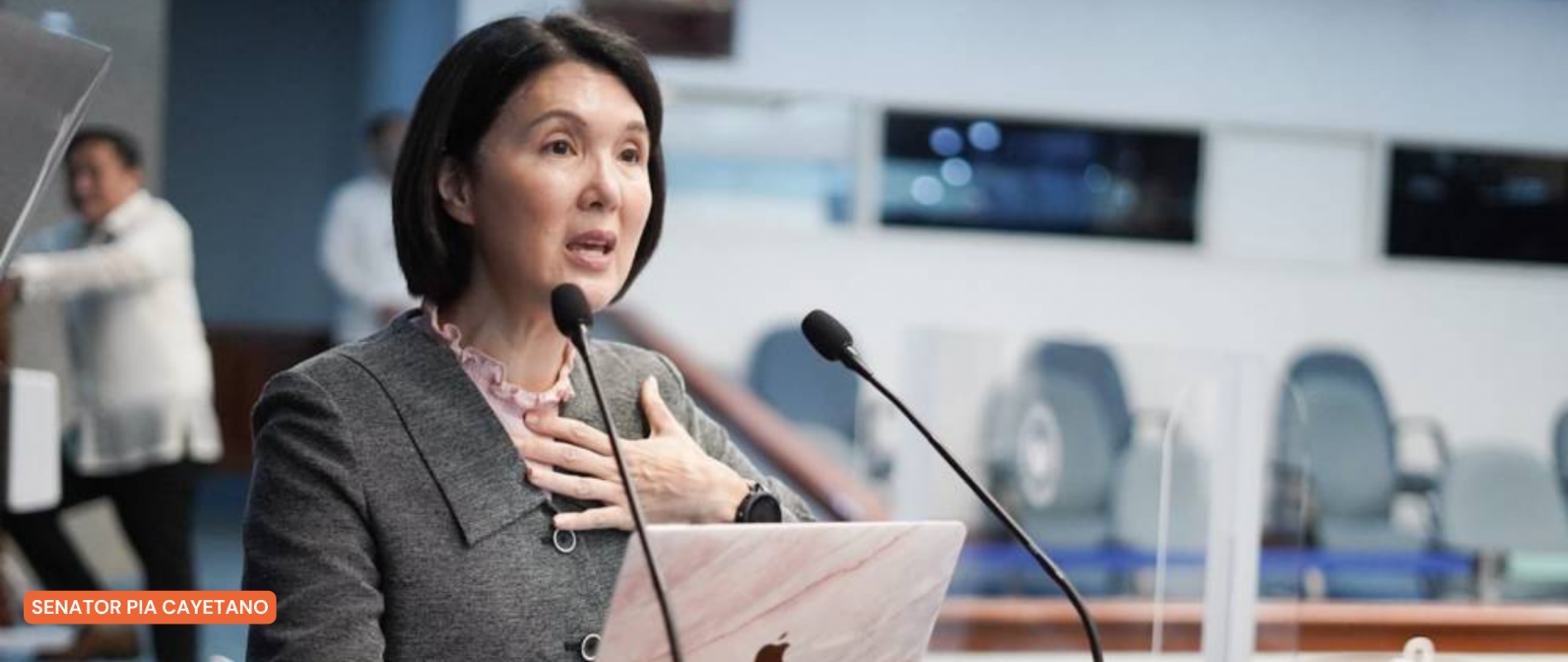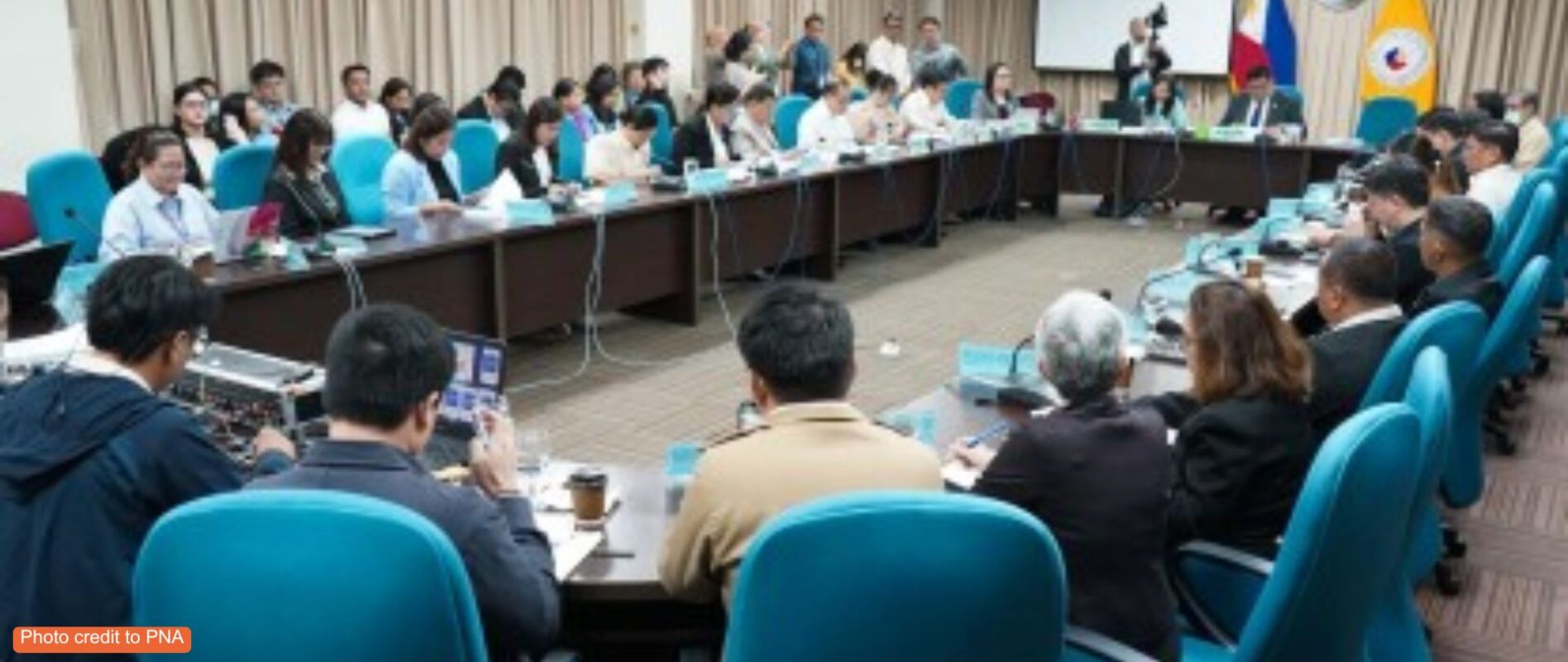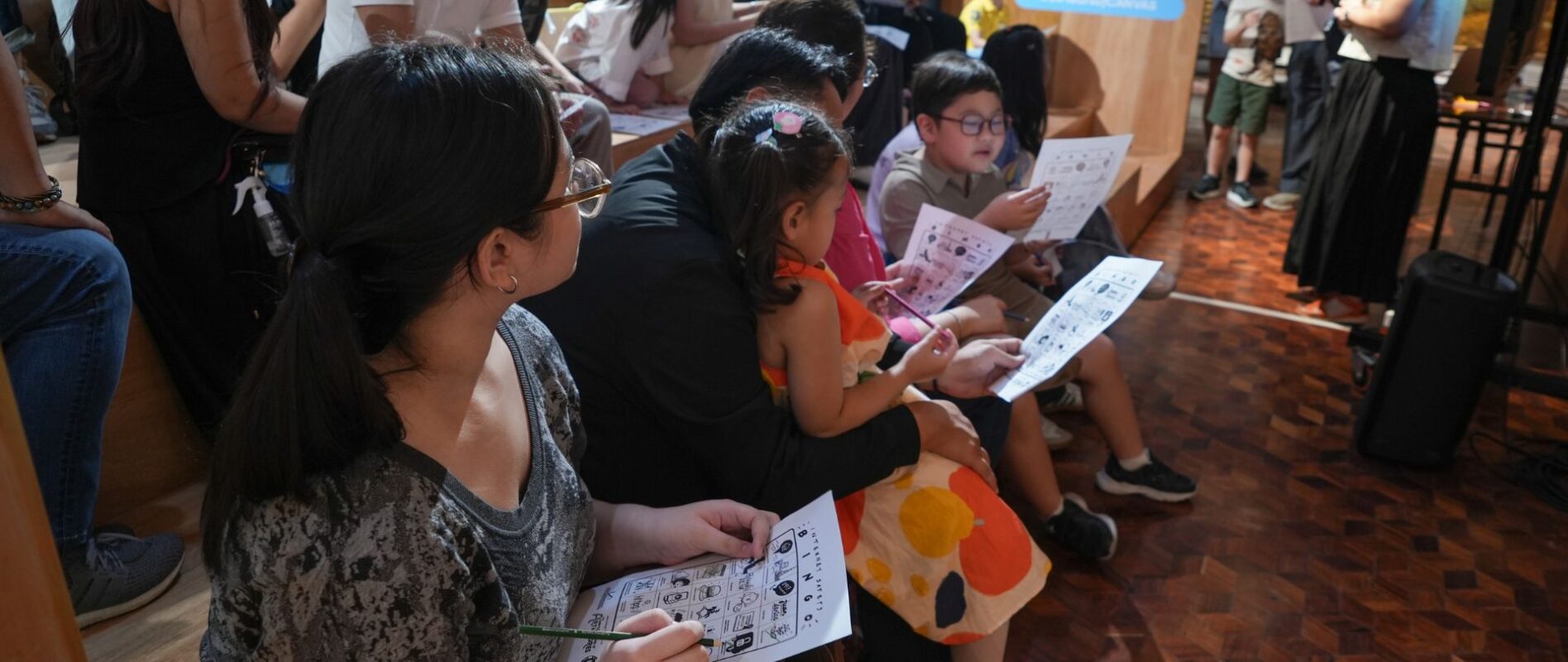HOUSE APPROVES BILL PROMOTING BAYBAYIN AND OTHER TRADITIONAL WRITING SYSTEMS
THE HOUSE of Representatives has approved a measure that seeks to promote, protect and preserve ‘Baybayin’ and other indigenous and traditional writing systems.
Voting 197-0, the lawmakers approved on third and final reading House Bill 10657 or the proposed Philippine Indigenous and Traditional Writing Systems Act, which was principally authored by House Speaker Lord Allan Velasco.
Under the bill, the Department of Education and the Commission on Higher Education are mandated to include indigenous and traditional writing systems in relevant subjects in basic and higher education curricula, and to create an elective or specialized course in higher education.
The measure seeks to create or support activities that promote awareness of these writing systems, particularly during ‘Buwan ng Wika’ and similar occasions and events.
The National Commission for Culture and the Arts shall be the lead policymaking unit for the promotion of indigenous and traditional writing systems.
“It is time for our country to revisit our past through one of its cultural remnants, our indigenous and traditional writing systems, including pre-colonial writing system called “Baybayin,” Velasco said.
“Baybayin” is an ancient syllabary script, one of at least 16 writing systems that were used by early Filipinos before the Spanish era.
“Lost, but not forgotten, ‘Baybayin’, together with other indigenous and traditional writing scripts, should be preserved and promoted as part of the country’s resurgence,” the lawmaker said.
According to the House chief, ‘Baybayin’ and other indigenous writing scripts are representations of Filipino tradition and national identity.
“There is a need to promote, protect, preserve and conserve Philippine indigenous and traditional systems as tools for cultural development, for instilling national pride, and for protecting Filipino cultural heritage and identity,” Velasco said.
The promotion and preservation of these writing systems, he added, will generate greater awareness of indigenous and traditional scripts and foster wider appreciation of their significance and beauty.

